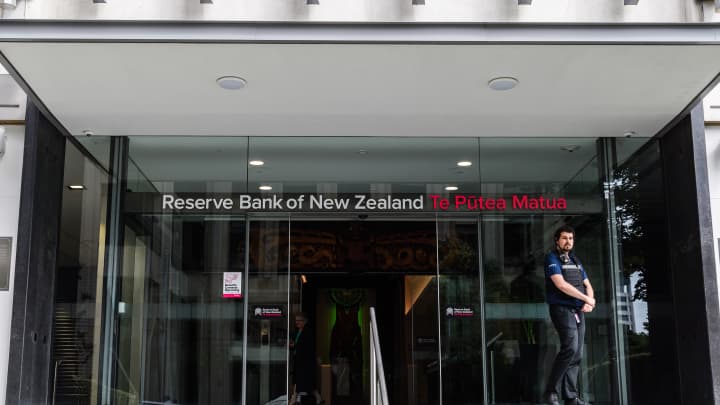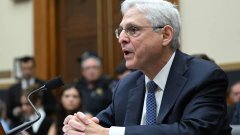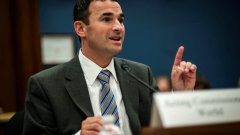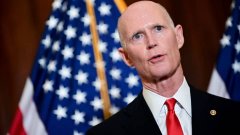
New Zealand's central bank could have its policy goals narrowed significantly and be subject to an external review if the center-right National Party opposition wins election this year, as political scrutiny of the bank intensifies.
As the country heads to an election in October, opinion polls show the opposition leading the center-left Labor government, which has held office since 2017.
National's platform includes returning the Reserve Bank of New Zealand's, or RBNZ, goal to a single target of keeping inflation between 1% and 3% and jettisoning recent additions of an employment mandate.
The election promise follows increased criticism of the RBNZ over its response to rampant inflation, broadly reflecting heightened scrutiny of other central banks globally, many of which were seen as too slow to tighten monetary policy.
"New Zealanders need confidence that the Reserve Bank will not deprioritize inflation in the pursuit of other goals," National finance spokesperson Nicola Willis said in an emailed response to questions from Reuters.
While the RBNZ was among the first in the developed world to start raising rates in October 2021, annual inflation is currently running at 6.0%, still far above the bank's target of 1% to 3%.
The Labor government in 2018 to the central bank's mandate, arguing at the time the expanded remit brought it into line with other central banks.
In 2021, it tasked the central bank with considering the impact of policy decisions on , although this was not mandated.
While a shift away from these responsibilities would unlikely lead to any immediate change in interest rates, analysts say it may give the RBNZ a more hawkish bias if the focus is solely on managing inflation.
Darren Gibbs, a senior economist at Westpac, said when the central bank's mandate includes an employment goal it might be "a little less aggressive or not move quite as quickly" on rates.
National's pledge comes as relations between legislators and the central bank become more difficult.
Willis said a National government would conduct an external review of the central bank's performance to would determine if any changes to its structure or function are needed.
The RBNZ's found that dramatic pandemic-era easing had been largely warranted, though with hindsight policy tightening should have occurred earlier.
National criticized the report for a lack of independence.
Willis has grilled Governor Adrian Orr at parliamentary hearings on the RBNZ's response to the pandemic, its failure to achieve the inflation target and its economic forecasts.
The tense exchanges between the pair saw a journalist ask Orr at a recent media conference if he would resign should National win office. Orr declined to comment beyond pointing out he had a five-year contract, which was recently renewed.
Willis said her party respects the independence of the RBNZ and will work productively with any governor.
"That said, we were disappointed the Government agreed to a full five-year reappointment of the Governor without acting on our request that a full independent review of recent Reserve Bank performance be completed," she said.
Brad Olsen, principal economist at economics consultancy Infometrics, said markets wanted a cordial but independent relationship between the governor and finance minister.
"I genuinely don't think there would be any particular issues that crop up. That's the stuff that is too important for politicians to mess with," he said.




